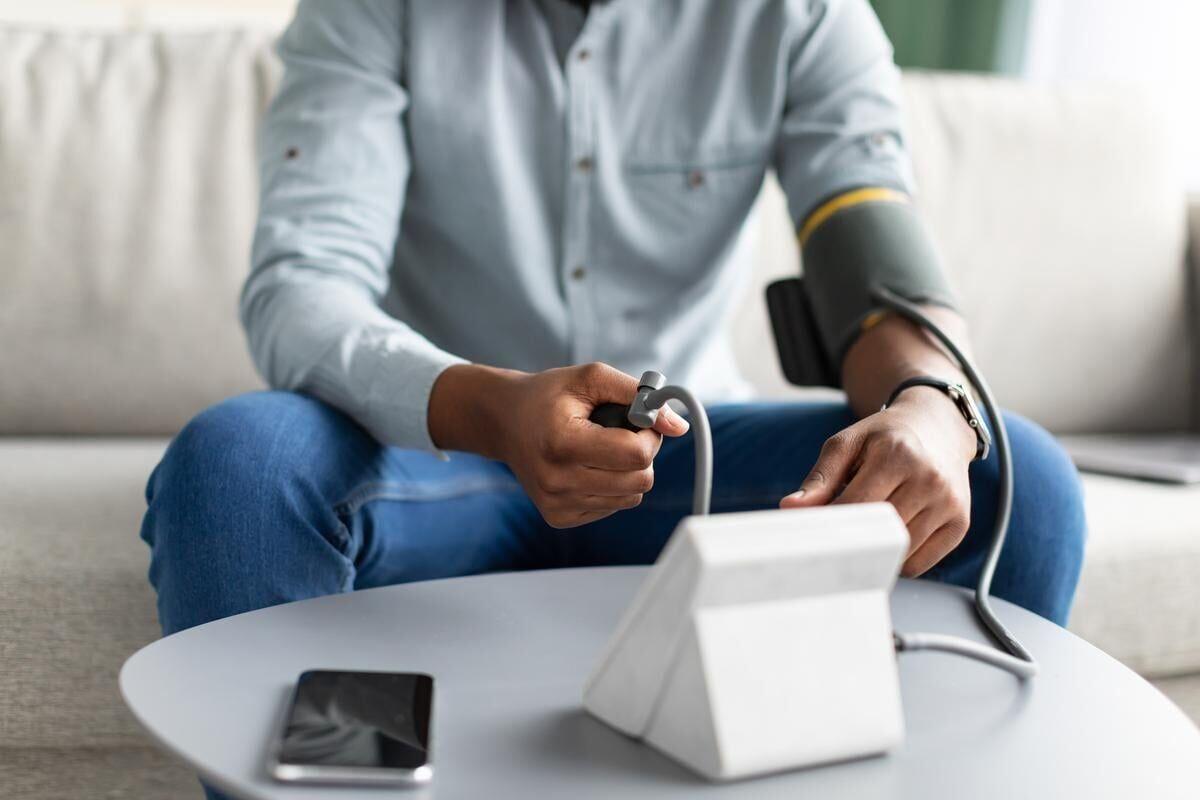A growing epidemic of high blood pressure is affecting young adults and children in the United States, according to two new studies.
The first study revealed that nearly one in four individuals between the ages of 18 and 39 have high blood pressure, with readings exceeding the healthy threshold of 130/80.
The second study found that even school-age children are experiencing this issue. Researchers discovered that nearly 14% of children aged 8 to 19 have either increased or high blood pressure.
Both studies were presented Friday at the American Heart Association (AHA) scientific sessions in Chicago. However, these findings are considered preliminary until they are published in a peer-reviewed journal.
“The prevalence of hypertension in young adults is striking, and social determinants of health worsen the risk for hypertension and subsequent premature cardiovascular disease,” said Dr. Bonita Falkner, chair of the AHA’s 2023 scientific statement on pediatric hypertension.
Researchers in both studies used data from 2017 to 2020, collected by the U.S. Centers for Disease Control and Prevention (CDC) as part of its National Health and Nutrition Examination Survey.
In the first study, researchers examined blood pressure levels in young adults and five factors that influence health: poor education, low income, lack of health insurance, food insecurity, and little to no employment.
“Social determinants of health are conditions stemming from where people are born, live, learn, work, and grow,” said researcher Thomas Alexander, a medical student at Northwestern University’s Feinberg School of Medicine in Chicago.
The study found that nearly 23% of young adults have high blood pressure, and those with high blood pressure were more likely to be uninsured, face food insecurity, and experience financial difficulties compared to older adults.

These challenges seem to hinder efforts to control blood pressure, as the researchers discovered.
Adults with two or more unmet social needs were found to be about 80% more likely to have untreated high blood pressure and about 70% more likely to struggle with controlling their blood pressure.
“Young adults with social needs and high blood pressure require greater support to meet their blood pressure targets,” Alexander said in an AHA news release.
“Our study underscores the importance of addressing these social determinants through targeted public health strategies to improve outcomes and prevent long-term complications like heart disease and stroke in this vulnerable population.”
In the second study, researchers found that nearly 9% of children aged 8 to 19 had increased blood pressure, and over 5% had high blood pressure, based on the American Academy of Pediatrics’ guidelines.
“Children with high blood pressure are more likely to have it as adults, increasing their risk for heart disease and stroke,” said researcher Ahlia Sekkarie, an epidemiologist specializing in heart disease and stroke at the CDC.
The study showed that around 14% of boys had increased blood pressure, while nearly 7% had high blood pressure, compared to 3% and 4% of girls, respectively.
High blood pressure was also found to be more prevalent in children with severe obesity, with rates increasing as they aged.
“A healthy diet and regular exercise are vital to reducing the risk of high blood pressure,” Sekkarie said. “Making sure children are eating well and staying physically active is essential to preventing heart disease and stroke.”
